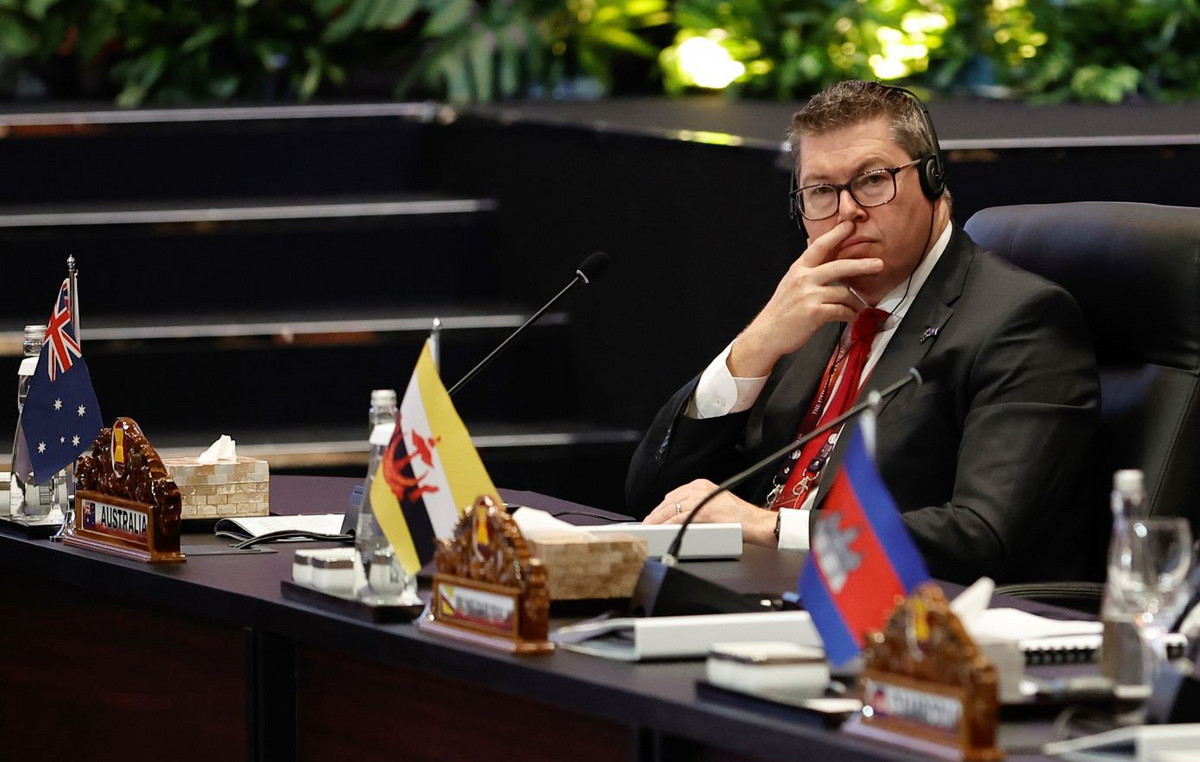Amid the advance of the Ômicron variant of the new coronavirus, the National Bank for Economic and Social Development (BNDES) extended, at least until the 24th, the suspension of the gradual return plan of employees to face-to-face work, at the headquarters of the development institution, in downtown Rio.
Since the 28th, just before the turn of the year, the return plan has been suspended, and employees have returned to remote work. The BNDES board made the decision to suspend the return after seven employees were diagnosed with covid-19.
In an internal statement about the suspension of the return plan, still in 2021, the BNDES informed that remote work for everyone would last until the last 31st. employees who had already returned to face-to-face work, according to a staggered schedule.
Now, remote work for everyone will be maintained until the 24th. According to the BNDES, the decision to keep the plan to return to the offices suspended was due to the “increase in cases” of covid-19 and the “waiting time for carrying out of tests”.
Laboratories across the country have reported difficulties in dealing with the increased demand for Covid-19 tests, given the advancement of Ômicron.
“BNDES constantly monitors the scenario of the covid-19 pandemic and the face-to-face working conditions of its employees. To this end, it has a Contingency Committee, which, in view of the increase in cases and the waiting time for tests, established, on January 6th, that employees who were working in person must remain until the 24th of January in remote work. Until then, the Committee will monitor the situation and express its opinion on the return to face-to-face work,” the bank’s press office said in a note.
Since last year, the return to face-to-face work has been a reason for friction between the BNDES’ board of directors and AFBNDES, the employees’ association. A first return plan was announced in August, to begin on September 1.
Before it even started, the start of the plan was postponed to October 4, after internal complaints from employees and representatives of AFBNDES about the need to tighten sanitary protocols.
In the initial format of the plan, there would be no requirement for proof of vaccination, although fully immunized employees would be required to return to face-to-face work. In early August, after a presentation on the plan, several employees complained about this point.
The fear was that, without the requirement, employees whose age groups had already been covered by the immunization schedules would be forced to return to face-to-face work, while employees who eventually chose not to be vaccinated would be allowed to attend the office.
Thus, the immunized would be exposed to unvaccinated colleagues. Even after the postponement and changes in the protocols, the AFBNDES continued advocating a longer schedule.
For the association, the moment of return was hasty and the plan was wrong by not adopting a hybrid model, in which employees work some days at the office and others at home, to reduce the number of people attending the headquarters at the same time.
Without reaching an agreement, AFBNDES filed a lawsuit with the Regional Labor Court (TRT) of the 1st Region and obtained a favorable decision, postponing the beginning of the gradual return to face-to-face work until November.
The association even asked, in injunction, for the suspension of face-to-face work until there was a final court decision, but the request was denied.
Reference: CNN Brasil
I am Sophia william, author of World Stock Market. I have a degree in journalism from the University of Missouri and I have worked as a reporter for several news websites. I have a passion for writing and informing people about the latest news and events happening in the world. I strive to be accurate and unbiased in my reporting, and I hope to provide readers with valuable information that they can use to make informed decisions.







